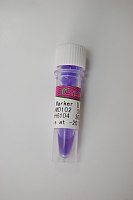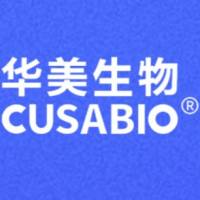Comparative Purification Strategies for Drosophila and Human Mitochondrial DNA Replication Proteins: DNA Polymerase and Mitochondrial Single-Stranded
互联网
互联网
相关产品推荐

D15000分子量标准(D15000 DNA Marker)
¥100

Recombinant-Drosophila-melanogaster-CAAX-prenyl-protease-2SrasCAAX prenyl protease 2 EC= 3.4.22.- Alternative name(s): Farnesylated proteins-converting enzyme 2; FACE-2 Prenyl protein-specific endoprotease 2 Protein severas
¥11466

IL-2重组蛋白|Recombinant Human IL2 Protein
¥1080

Adar/Adar蛋白Recombinant Mouse Double-stranded RNA-specific adenosine deaminase (Adar)重组蛋白DRADA;EC 3.5.4.37;RNA adenosine deaminase 1蛋白
¥1836

virE2/virE2蛋白//蛋白/Recombinant Agrobacterium tumefaciens Single-strand DNA-binding protein (virE2), partial重组蛋白
¥69
相关问答
推荐阅读
Purification Strategies for Drosophila mtDNA Replication Proteins in Native and Recombinant Form: Mitochondrial Single-Stranded DNA-Binding Protein
Purification Strategy for Recombinant Formsof the Human Mitochondrial DNA Helicase
Purification Strategies for Drosophila mtDNA Replication Proteins in Native and Recombinant Form: DNA Polymerase

